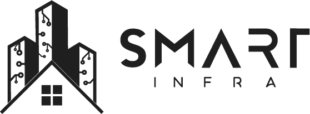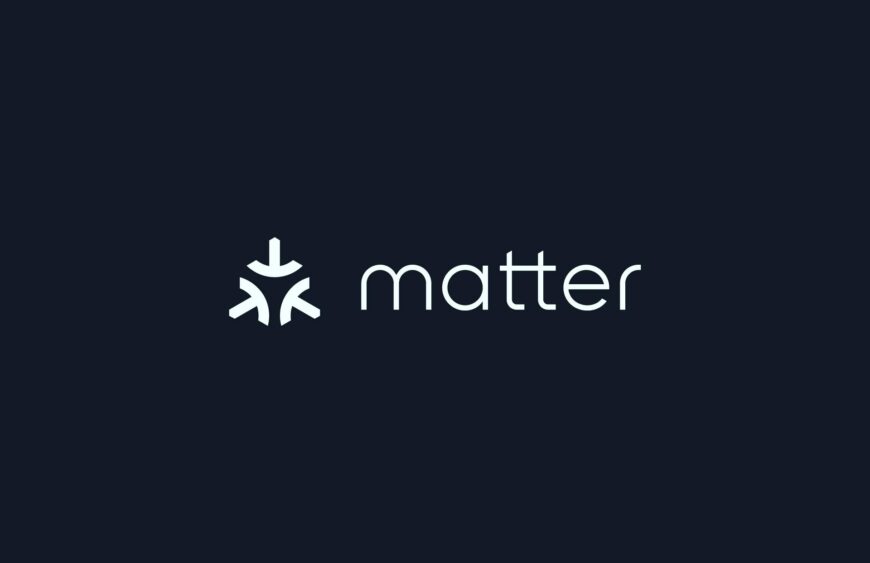Matter is a open-source standard unified for IoT device connectivity. It allows smart devices and platforms from different ecosystems to work together, with the potential to take the smart home experience to the next level.
Ideea unui standard comun între diferitele ecosisteme își are originile într-o inițiativă colectivă numită Connected Home over IP (CHIP). Inițiativa a luat naștere în 2019, aducând împreună patru giganți ai industriei tehnologice—Amazon, Apple, Google și Samsung—, alături de Connectivity Standards Alliance (în traducere, Alianța Standardelor de Conectivitate, cunoscută în trecut ca și Zigbee Alliance). În 2021, CHIP a fost redenumit în “Matter”.
Also optimistic about the mass adoption of the protocol within the tech industry, many brands have joined the initiative, with the list of members now crossing 240 and including brands such as Nuki, TP-Link, Signify, Tuya, Huawei or Nanoleaf.
The first protocol, called Matter 1.0, is expected to launch sometime towards the end of 2022. It works through Wi-Fi and threaded network layers, adopting Bluetooth Low Energy as well. It is built on Internet Protocol (IP) and, for the sake of illustration, can be said to work as a common language between Smart Home devices, IoT platforms and cloud services-allowing them to communicate with each other, even if they are from different manufacturers.
What are the benefits of Matter?
From a consumer perspective, first and foremost, Matter will make the process of buying and using smart devices easier. Having a unified standard for connectivity between different ecosystems means more options for creating and controlling a smart home. As soon as we see the Matter logo on a device, we'll know that it can work with other devices we already have at home, from other manufacturers, if those also support Matter.
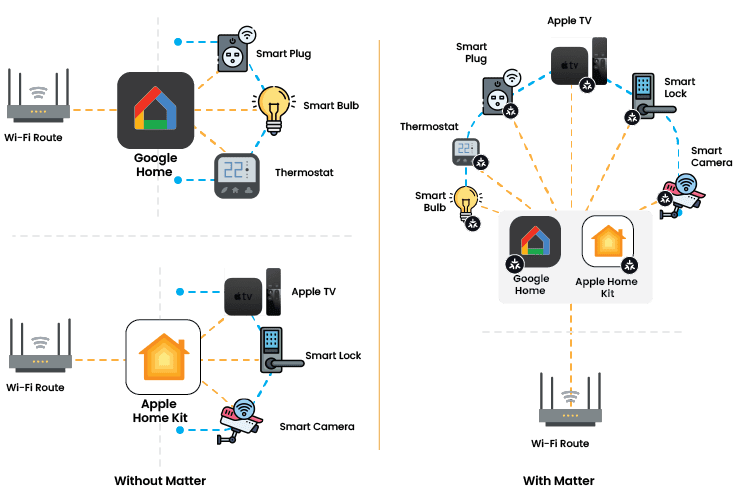
Iar fiindcă Matter permite ca toate dispozitivele smart compatibile să fie controlate dintr-o singură aplicație, se poate reduce numărul de aplicații instalate pe telefoanele noastre. Cu Matter, se poate seta ca și “admin” aplicația pe care o preferăm și vom putea apoi să controlăm toate dispozitivele inteligente din locuința noastră doar din acesta, chiar dacă dispozitivele sunt de la producători diferiți.
The devices will also be controllable by voice commands, using the assistant we prefer most, whether Google Assistant, Amazong Alexa or Siri.
From a manufacturer's perspective, an open-source connectivity protocol allows them to reduce the cost and time required to develop new IoT ecosystems. This also simplifies the process of creating new products and services, allowing manufacturers to focus more on innovation or getting the finished product out the door faster.
Once the Matter SDK is ready, manufacturers and companies involved in the development of the standard will be able to use it to integrate their products into the growing Matter ecosystem for free, without the need to pay royalties.
Which manufacturers offer compatibility with Matter?
The number of brands that offer or will offer compatibility with Matter is huge and growing. Below are some examples:
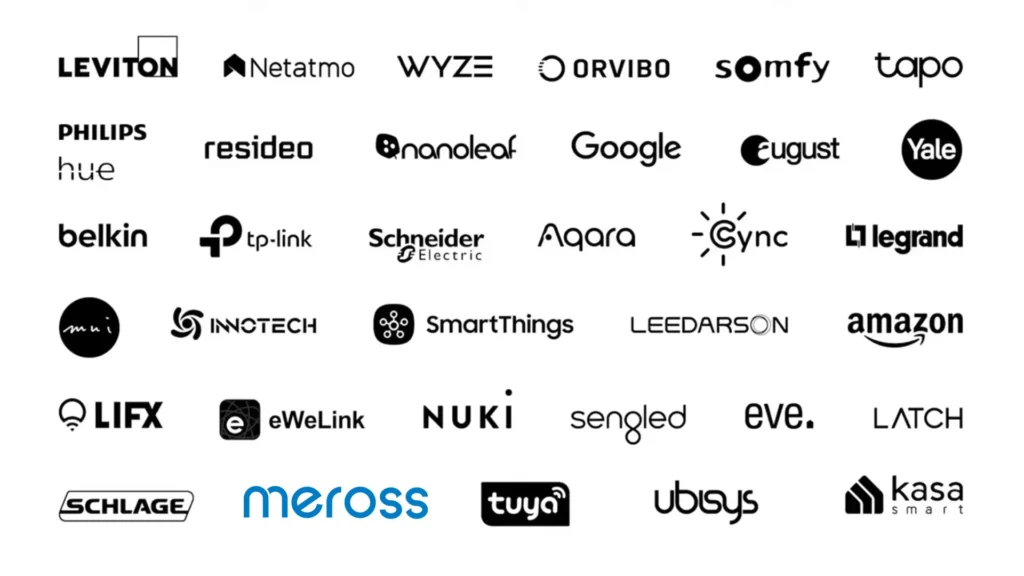
Which devices are compatible with Matter?
Obviously, devices designed to work with Matter will be compatible, so we recommend checking the specifications of new devices you plan to buy in the future. Also, some Thread, ZigBee or Z-wave compatible devices will be able to use Matter after a firmware update or a dedicated software development kit (SDK).
Matter 1.0 will currently cover only a fraction of the smart device categories, providing support for only the most common and widely used of them, such as:
- Smart lights
- Smart sockets and switches
- HVAC controllers
- Smart locks
- Smart blinds
- Smart TVs
- Smart thermostats
- Access Points and Bridges
Other categories, such as smart cameras, will be included in the future.
